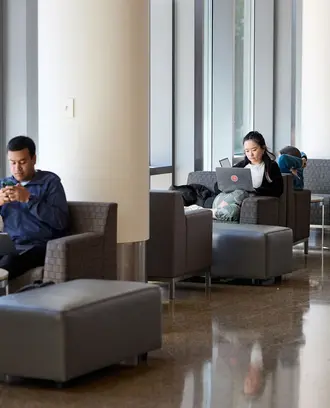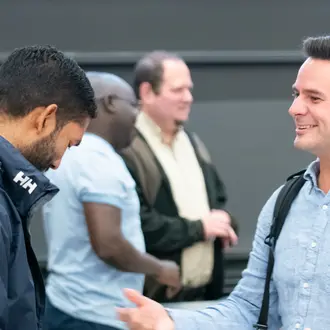MIT Solve has just announced its 2021 challenges—an open invitation to the entire world of innovators to propose workable solutions to global problems. The challenges fall into five categories: antiracist technology, digital inclusion, equitable classrooms, health security, and resilient ecosystems. The best solutions will win access to more than $1.5 million in funding. Deadline for proposed solutions is June 16, 2021.
In a statement, MIT Solve director Alexandra Amouyel noted that after a year of turmoil, including a threat to our collective health, disruption in schooling, lack of access to digital connectivity, worsening natural hazards, and a national reckoning after centuries of institutionalized racism, supporting problem solvers is more urgent than ever. It’s the last item in that list—institutionalized racism—that is the focus of a new category this year: How can communities of color use technology to advance racial equity and access economic opportunity, health, and safety?
Black, Indigenous, and People of Color (BIPOC) in the United States have endured, navigated, and been the victims of institutionalized racism and oppression for centuries. The pandemic has deeply exacerbated the disparities between BIPOC and white communities in the realms of wealth, education, justice, and health. These inequities are the result of biased systems that have been integrated into the fabric of societies through vehicles such as public policies, laws, and the appropriation of Native lands. A new wave of technologies has only perpetuated racial bias, expanding predatory surveillance systems and enabling hidden decision-making under the benign guise of neutral algorithms.
Making technology part of the solution
The MIT Solve team is calling for technology-based solutions by and for communities of color that help promote equitable, antiracist futures. Movements like Afrofuturism, community-led efforts on digital literacy, indigenous data sovereignty, and the use of data science for positive change all speak to the potential of technology to make a dent in the problem.
For this challenge, MIT Solve seeks solutions that:
-
Provide tools and opportunities for equitable access to jobs, credit, and generational wealth creation in communities of color.
- Catalyze civic engagement and enable communities to plan and control their own housing and industrial land development and ownership patterns.
- Create new public safety systems that ensure racial equity and provide alternatives to harmful technologies such as biased facial recognition.
- Actively minimize human and algorithmic biases, particularly in healthcare, education, and workplace settings.
Finalists will pitch their solutions to a panel of experts and an audience of 400+ leaders at the Solve Challenge Finals in New York City during UN General Assembly Week in September. In addition to seed funding, those ultimately selected as Solvers will join Solve’s nine-month program in which social impact leaders, funders, and subject experts help them advance their innovative work. In the last three years, MIT Solve has brokered commitments of more than $40 million in funding for Solver teams.



